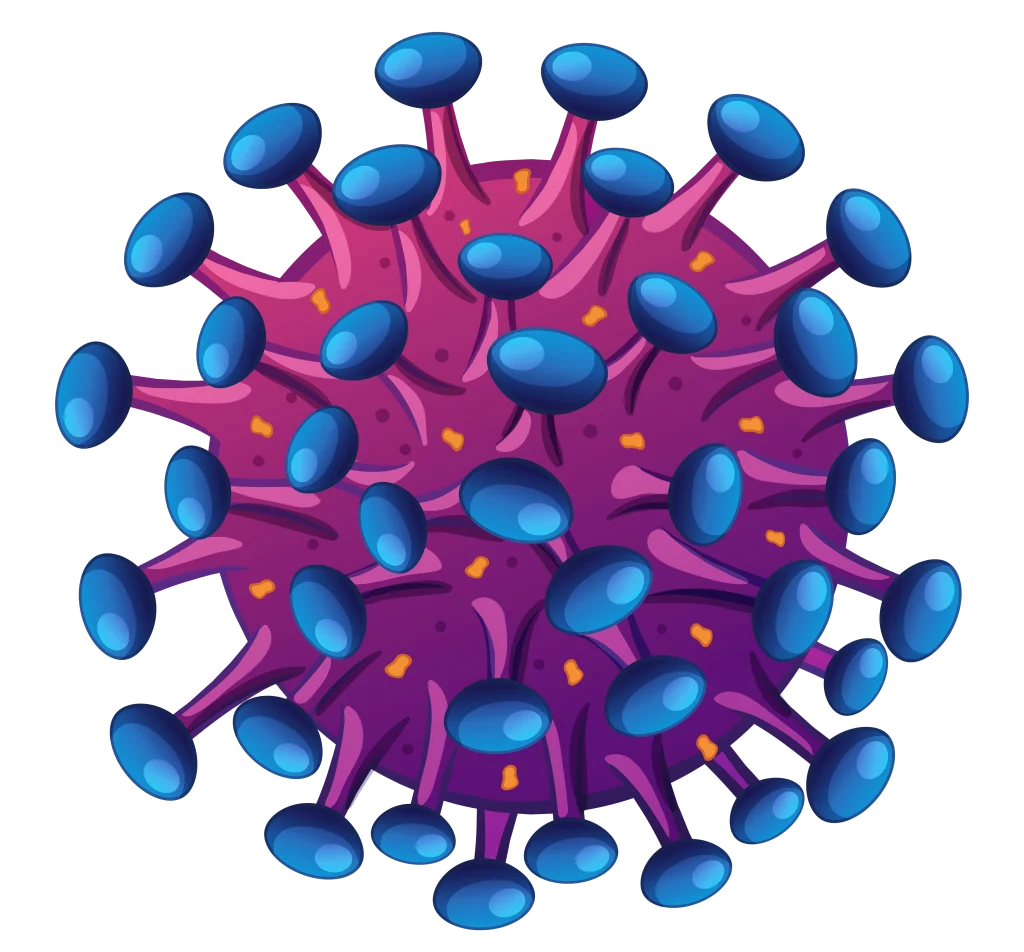Bahrain
Manama
+973 33617571
24/7 Customer Support
Sat - Thru 8:30 - 20:00
Booking time
Manama
24/7 Customer Support
Booking time

A Virology Package for STD (Sexually Transmitted Disease) is a set of tests that can detect antibodies or antigens to certain STDs in the blood.
Serology tests are often used to diagnose infections that may not cause visible symptoms included:
The Window period for HIV, HCV, HBV and Syphilis is the time between exposure to the infection and when the test can accurately detect it.
The window period varies depending on the type of test and the infection.
The approximate window Period are:
Type of infection | Type of test | Window period |
HIV | Antigen/antibody test | 18 to 45 days |
HCV | Antibody test | 6 to 9 weeks |
HBV | Surface antigen test | 4 to 6 weeks |
Syphilis | Non-treponemal test (RPR or VDRL) | 3 to 6 weeks |
These are four infections that can be passed from one person to another through blood or body fluids. Here is a summary of how each infection can be transmitted:
These are four infections that can cause various signs and symptoms in the body. Here is a summary of the symptoms of each infection:
Here are some of the ways to prevent STDs:
If you want to get tested for STDs, you can book an appointment online from websites or WhatsApp
you can find four different packages
Choice between four Packages and select one
Select date and time. you will receive Confirmation Email
Visit the lab on time and do the test and you will receive report on WhatsApp
{{ is_error_msg }}
Duration: {{ service_details.bookingpress_service_duration_val }} {{ service_details.bookingpress_service_duration_label }}
Price: السعر {{ service_details.bookingpress_service_price }}
{{ is_error_msg }}
{{ is_error_msg }}
{{ is_error_msg }}
Your appointment booking summary تفاصيل حجز موعدك
Pay Locally الدفع عند الحضور
PayPal
Copyrights © 2023 Trusted Testing in Bahrain. All Rights Reserved